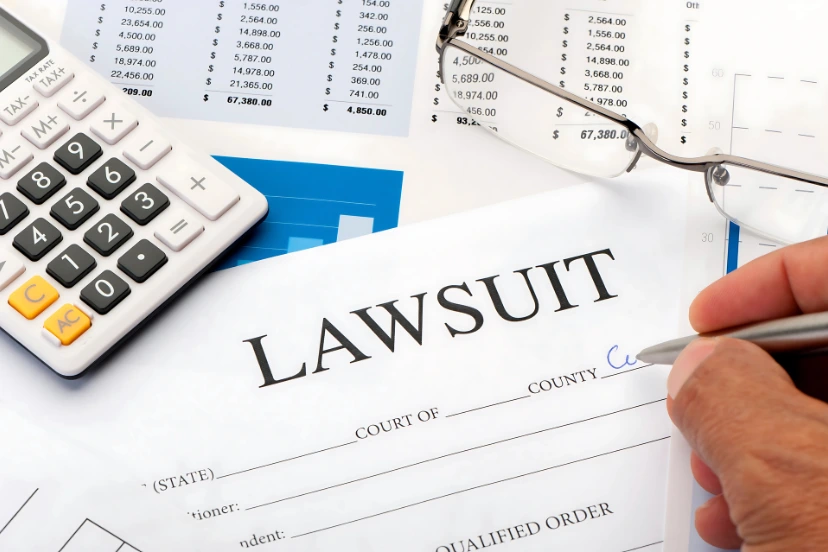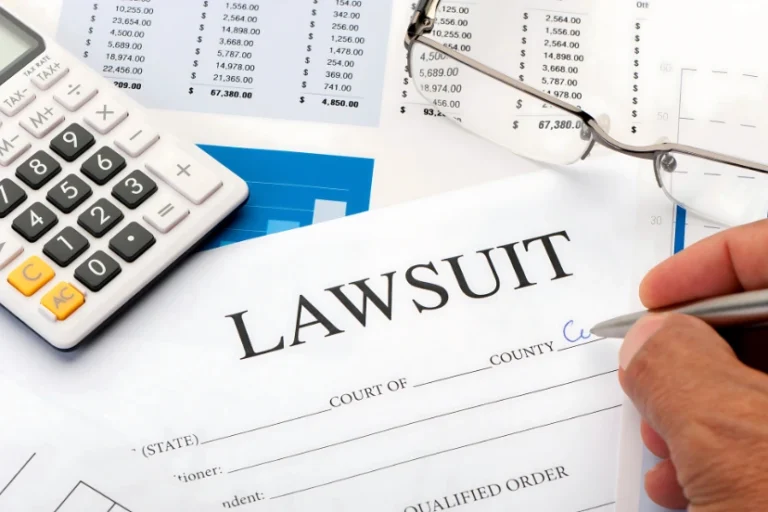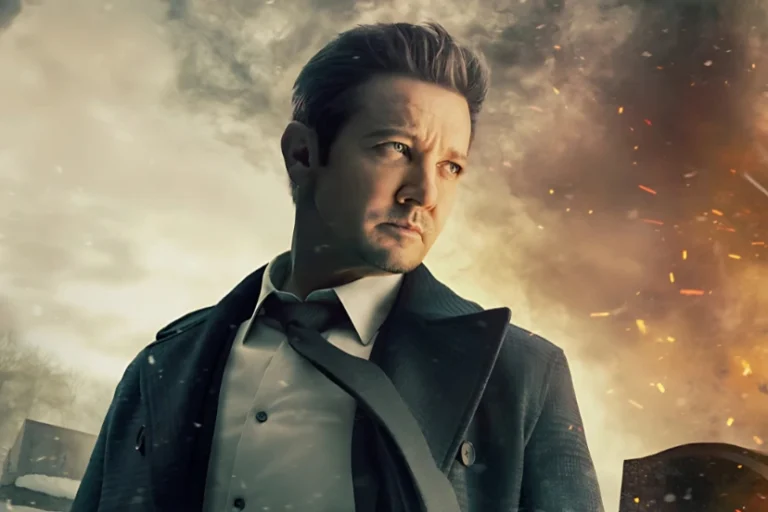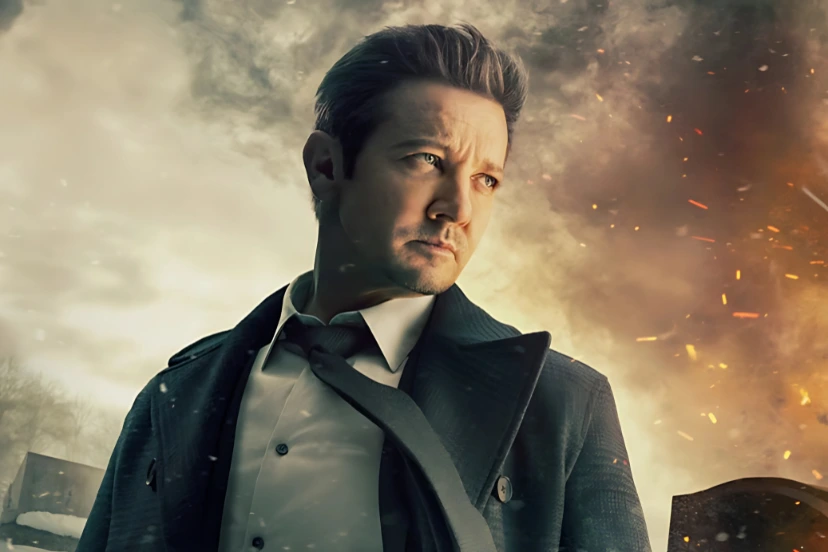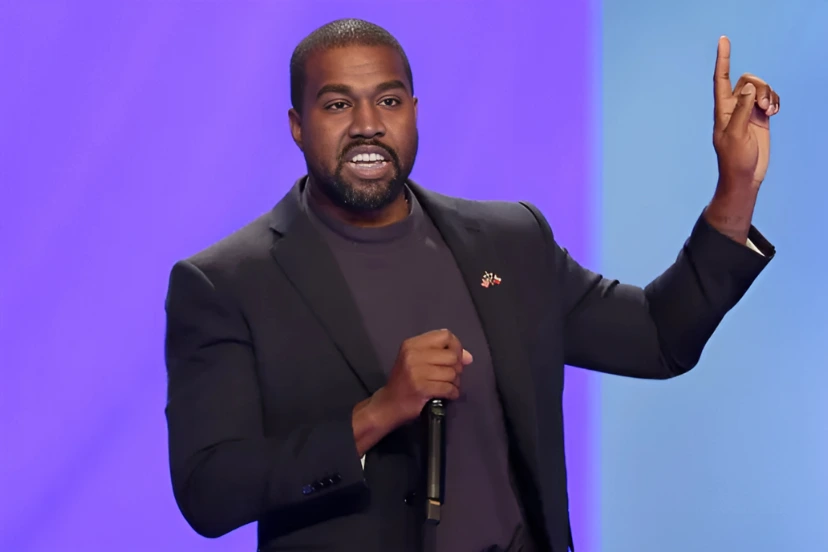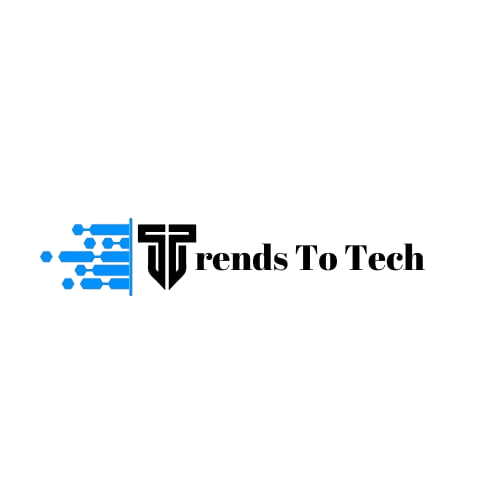In today’s interconnected world, Social Media Lawsuits has become crucial for communication, self-marketing, and business. However, as social media has advanced, negative consequences have surfaced. More individuals, businesses, and even governments are finding themselves at the center of lawsuits related to their actions—or lack thereof—on social media platforms. The rise in social media lawsuits highlights shifts in social relations and the challenges of addressing legal issues like online content, privacy protection, and defamation. Social media has undeniably crossed into the realm of litigation. This article explores the growing trend of social media-related legal issues, their causes, and the implications for both users and platforms.
The Impact of Social Media in Contemporary Society
The rise of social platforms such as Facebook, Instagram, Twitter, TikTok and Youtube has revolutionized communication. These platforms have shifted the public’s access to information and social interaction. There is virtually no delay between a person forming an opinion and sharing it with the world. This can lead to rampant dissemination of false information. Social media’s possibilites are now further maximized by the fact that any post, video, or tweet has the potential to reach millions within a very small time frame.
These platforms have fundamentally transformed how we interact. At the same time, they have brought many issues with them. Legal matters such as infringement, breaches, defamation, and abuse of privacy are only a tip of the iceberg in the realm of social media law marking and are going to get more multifaceted by the day.
Common Reasons Social Media Users Get Sued
1. Defamation and Libel: Defamation and the term Libel in context of social media is the most popular claim and thus the easiest to bring up in court. It is no surprise why people and businesses get caught up in social media legal disputes. Yes, we live in a world where unsubstantiated statements get taken at face value and spread like wildfire courtesy Social Media Lawsuits. A statement or a piece of content is more than enough to get Facebook users exposed to damaging content that results in reputational harm. A reputed person is bound to get roped into defamation litigation who feels like he has been defamed deliberately or for any other legal reason.
One group of people that exceptionally suffers with false statements made against includes actors, influencers, and their fellow businessmen. One claim within this category of people is regarding custody cases about ex-partners involving Depp and The Sun newspaper concerning copy claims of an article that referred to Depp as a “wife-beater.” These outlandish claims made against actors show how damaging unsubstantiated statements can be, and how easily they are taken online. While this form of appeal contains traditional media, it shows once again how easily people can get defamed online.
2. Privacy Violations: Because social media was relatively unheard of, laws regarding privacy violation are a contradiction in terms. However, in modern synthetic society, there are significant internet-related problems that emerge that can be addressed through laws. For example, on social media, users are prone to provide a lot of personal information which can be used against them. Influencers and companies, on the other hand, often misuseข้อมูลand datasets by using unethical methods for sharing and mining sensitive personal information.
In legal terms, improper privacy violations like using someone’s private videos for defamatory purposes of context can lead to substantial legal issues. These platforms allow sharing an image or a video story on social media. However, Instagram and Snapchat have faced challenges with their users regarding consent-based spending, content usage, non-consensual cyber bullying, and the most recent uno called the bullying card.
3. Copyright and Intellectual Property Infringement: Social media serves as a favorable platform for uploading videos, music, and photos and any other content crafted by one’s imagination. Now, sharing and repurposing any content online is literally the easiest thing to do. For instance, claim and dish out a fake copyright infringement claim. A lot of people put their work out there and get it stolen from under their noses and usually try to file a lawsuit as the last resort.
A well known modern example is the clash that exists between musicians and YouTube. Numerous musicians have taken legal action against the platform as it allows users to upload copyrighted material without paying the original makers. The question of who controls the rights to created content in the context of information technology is an emerging issue which concerns the obligations of different platforms towards the creators.
4. Cyberbullying and Harassment: The advent of social media usage has risen at an alarming rate. This has led to an increase in bullying cases across social media platforms. Cases of cyber bullying are aimed at children and adults, and both groups can suffer psychologically. Those who face aggressive trolls, stalkers, and online harassment are now taking more steps to ensure justice is served.
The prevention methods of cyber bullying differ on a per-country basis. For that reason, numerous countries have adopted measures which specifically tackle the issue at hand. Social media corporations also risk their accountability by failing to mitigate the bullying which is rampant on the platforms, or failing to deal with complaints made by their clients.
5. Discrimination and Hate Speech: Social media is under constant criticism for hate speech and discrimination for a reason. Some social media users forget the most important rule of free speech: that it should not be preceded with violence, hate speech, or discrimination in any form.
During the last years, Twitter and Facebook have received negative public attention and lawsuits accusing them of inaction towards hate speech and discrimination. Cases of people suffering from online hate speech and discrimination abuse have extended beyond just suing the violators to include suing the platforms where such contents are hosted.
How Social Media Platforms Are Involved In The Law
Social media companies themselves are not shielded from lawsuits. In fact, the most important actions in legal proceedings have been against the platforms themselves, and for good reason: it is the platforms that are most often alleged to have failed to content moderation policies. \The Communications Decency Act of 1996, Section 230, has provided a continuing source of litigation because it gives internet services immunity from liability for user-generated content. While this legislation has enabled platforms to operate without scrutiny over individual posts, it has resulted in legal ambiguity concerning boundaries censorship, abusive content, and responsibility.
There are instances when plaintiffs contend that a platform must assume liability for not moderating and removing hostile or defamatory material on time. Some even advocate adjusting sector 230 to give social media platforms enhanced responsibility for the material they manage. Legal disputes around these issues are still changing.
The Future of Social Media Lawsuits
With the growing impact of social media, the legal complications and matters that accompany its usage will increase as well. Those in power, courts and the Social Media Lawsuits firms are trying to solve these problems. While it is evident that all social media sites have to curb some freedoms of expression on the platform, the laws that governs it are still unfolding.
The incorporation of Artificial Intelligence, as well as Deepfake, has made social media lawsuits more complex and sophisticated. Blurring the Nan’s line between truth and falsehood becomes increasingly challenging with AI generated content that is capable of deceiving the viewers. This shifts us towards the question and adds more lawsuits pertaining to trust and authenticity and pushing the boundaries of liability.
Conclusion
Social Media Lawsuits has drastically transformed communication, creating both positive opportunities and new legal challenges. As more cases involving defamation, privacy violations, copyright issues, and cyberbullying arise, the law is struggling to keep up with the rapid digital evolution. It’s essential for individuals, businesses, and platforms to understand their rights and obligations in this complex online environment, which requires balancing the regulation of harmful content with the protection of privacy. As this intersection between social media and law evolves, it will remain a key area of focus and scrutiny.

